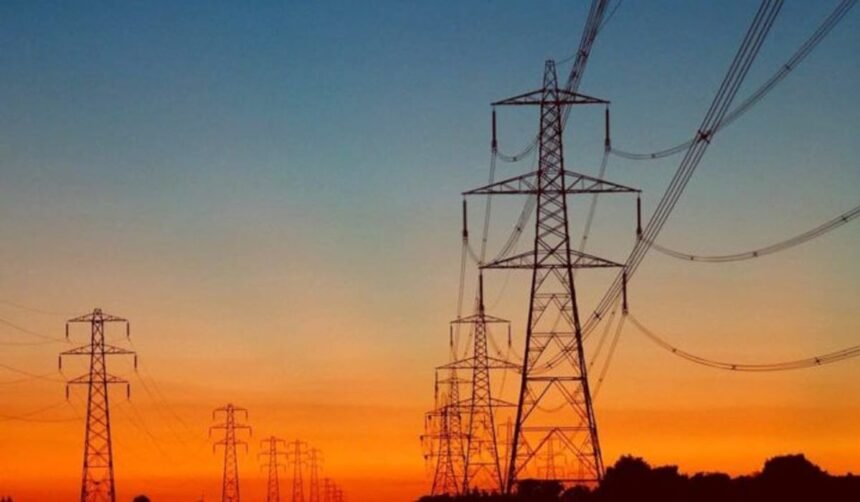MQM has approached the Sindh High Court against the National Electric Power Regulatory Authority (NEPRA) for allowing K-Electric to recover theft-related losses from consumers.
The petition, filed by MQM legislator Muhammad Aamir Siddiqui, challenges the July 18 order and SRO 1287 (I)/2025 of NEPRA, naming K-Electric as a respondent in the case.
It argues that the regulator has unfairly shifted Rs74 billion in electricity theft and unpaid bill losses onto honest, law-abiding customers who regularly pay their dues.
Siddiqui denounced the decision of NEPRA as “racketeering” and “hooliganism,” stressing that Karachi residents should not bear inefficiencies and theft that lie beyond their control.
The petition accused NEPRA of exceeding its mandate, noting that even the federal government opposed the controversial recovery mechanism introduced through the July order.
MQM warned the tariff burden would severely strain households, industries, and businesses, intensifying difficulties and further destabilizing already fragile financial environment.
Read More: Audit Finds PIA Lost Billions in Free Tickets
The party demanded judicial intervention to protect consumer rights, insisting the financial shortfalls K.E must not be imposed on citizens already coping with economic challenges.
MQM Pakistan argued that the ruling amounts to collective punishment for Karachiites and risks crippling the economy of the city while deepening consumer hardship.
Earlier in May, NEPRA had approved the request of K-Electric to include unrecovered bills in its tariff, representing a significant and controversial departure from past policy.
For FY24, NEPRA set the base tariff of the KE at Rs40 per unit, nearly 40% higher than the national average for state-run power distribution companies.
The regulator allowed recovery shortfalls of 6.75% in FY24, gradually reducing to 3.5% by FY30, aiming to align collection targets with current market realities.
The total revenue requirement of of KE for FY24 was fixed at Rs606.9 billion, covering 17,768 GWh of supply, with the Ministry of Energy opposing the benchmarks.


